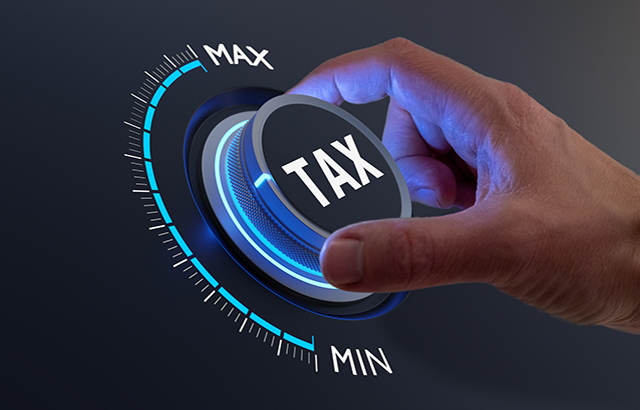In a series of interviews over the summer Rachel Reeves the shadow chancellor indicated several measures that the Labour party has declared they will and won’t implement.
However, it’s important to note these denials frequently refer to “current plans” which of course leaves the door open for a change of direction in the future.
With the next UK election to be held no later than January 2025, what can we expect in terms of personal taxation if the Labour party is elected?
What we won’t be seeing
No plans for a Wealth Tax
Rachel Reeves has made firm statements that there will be no wealth taxes repeatedly asserting that despite the UK being on track to having the highest tax burden since the Second World War she doesn’t believe the way to greater prosperity is through higher taxes which is also a message echoed by Sir Keir Starmer.
No plans to increase income tax or CGT
Even though Sir Keir Starmer pledged to increase the top (45%) rate of income tax in 2010, this proposal has now been shelved.
Previously Labour has opposed the 1.25% increase in dividend rates bought in as a health and social care levy. Will that opposition translate into reversal? Unlikely, if political history is anything to go by.
There has also been speculation regarding the equalisation of CGT and income tax rates following its appearance in the last Labour manifesto. In May, Reeves said she had “no plans” to equalise rates however, this doesn’t rule out rate increases to align the two taxes more closely. Nonetheless, many professional advisers remain nervous that CGT could be an area for potential reform.
No plans to change the pensions lifetime allowance (LTA)
In the Spring Budget, the lifetime allowance for pensions was scrapped with Labour almost immediately announcing that if it came to power it would reinstate the LTA.
Since then, indications have been that Labour has made peace with the scrapped LTA. However, Reeves did identify the £2trn of UK pension savings as a potential source for investment in UK listed businesses, so perhaps we will see some pension reforms under a Labour government.
No reduction in corporation tax rates
Although not strictly a personal taxation point, it does impact the way in which individuals decide to structure their wealth.
The Labour Party Conference 2022 indicated that Labour favours targeted investment allowances over lower corporation tax rates. Politically, making big companies “pay their share” has proved to be a popular message. It therefore seems likely that Labour will hold corporation tax rates at this level.
What can we expect
Limiting APR and BPR reliefs
Reeves announced that Labour will be looking to close tax “loopholes” with one area they are considering is “scrapping” agricultural property relief (APR) and business property relief (BPR).
It seems fairly unlikely that the reliefs would be scrapped in full as wholesale removal of APR and BPR would cause uproar from business owners and farmers and would seriously damage the UK economy.
However, we may expect to see a tightening of APR and BPR so that they only apply to genuine enterprises so that assets held solely for investment-purposes within these classes cannot benefit from these reliefs.
Removing, or limiting, the remittance basis
The remittance basis is an alternative tax treatment that’s available to individuals who are resident but not domiciled in the UK and have foreign income and gains.
Labour has indicated that it would bring in “a modern scheme for people who are genuinely living in the UK for short periods to allow us to continue to attract top international talent”. This may simply involve curtailing the remittance basis so that it is only available for a shorter period of residence.
Alternatively, or additionally, the concept of domicile could be removed altogether as being too subjective.
Charging VAT on school fees
The Institute for Fiscal Studies recently produced a study on the effects of this and concluded that this might result in an additional £1.3bn-£1.5bn of revenue, allowing for an extra 2% increase in state school spending. The likelihood of this policy being enacted by Reeves looks high.
Reversing stamp duty land tax (SDLT) cuts?
In 2022, the nil rate thresholds for SDLT were increased from £125,000 to £250,000. Labour criticised this change saying that it benefited buyers of second homes or buy-to-let property, a reversal may therefore be on the cards.
Tightening up on tax evasion / avoidance and increasing transparency
Labour’s Tax Transparency and Enforcement Programme includes several measures which erode the privacy of wealthy individuals and businesses.
These include policies requiring the public filing of large company tax returns at Companies House and the public filing of tax returns of wealthy individuals earning (a concept which is presumably wider than just salaries) more than £1m.
What’s next?
Currently, Labour’s strategy is to present itself as a moderate on matters of taxation. It remains to be seen whether Labour will indeed hold true to their promise not to increase taxation further given the very difficult economic climate, particularly if we see a second term for Labour in power.
This article was written for International Adviser by Sarah Wray senior associate at Charles Russell Speechlys.








